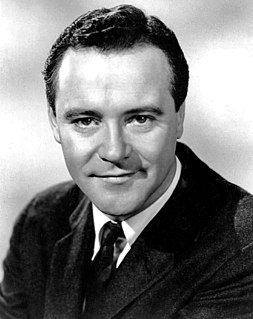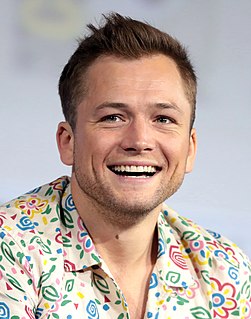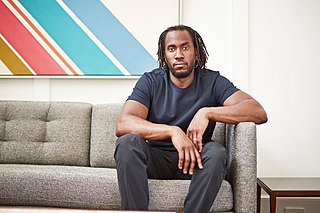A Quote by C. S. Lewis
Child, to say the very thing you really mean, the whole of it, nothing more or less or other than what you really mean; that's the whole art and joy of words.
Related Quotes
What do you mean less than nothing? I don't think there is any such thing as less than nothing. Nothing is absolutely the limit of nothingness. It's the lowest you can go. It's the end of the line. How can something be less than nothing? If there were something that was less than nothing, then nothing would not be nothing, it would be something - even though it's just a very little bit of something. But if nothing is nothing, then nothing has nothing that is less than it is.
In my Inaugural I laid down the simple proposition that nobody is going to starve in this country. It seems to me to be equally plain that no business which depends for existence on paying less than living wages to its workers has any right to continue in this country. By "business" I mean the whole of commerce as well as the whole of industry; by workers I mean all workers, the white collar class as well as the men in overalls; and by living wages I mean more than a bare subsistence level - I mean the wages of decent living.
Acting doesn't have anything to do with listening to the words. We never really listen, in general conversation, to what the other person is saying. We listen to what they mean. And what they mean is often quite apart from the words. When you see a scene between two actors that goes really well you can be sure they're not listening to each other - they're feeling what the other person is trying to get at. Know what I mean?
I have this theory about words. There's a thousand ways to say "Pass the salt". It could mean, you know, "Can I have some salt?" or it could mean, "I love you.". It could mean, "I'm very annoyed with you". Really, the list could go on and on. Words are little bombs, and they have a lot of energy inside them.
The only thing I really feel is necessary is that the black people, not only in Mississippi, will have to actually upset this applecart. What I mean by that is, so many things are under the cover that will have to be swept out and shown to this whole world, not just to America. This thing they say of "the land of the free and the home of the brave" is all on paper. It doesn't really mean anything to us. The only way we can make this thing a reality in America is to do all we can to destroy this system and bring this out to the light that has been under the cover all these years.
I often accompanied my father. I really liked riding with him on his bicycle on Saturdays. He was very fond of fishing. I don’t think I liked fishing. I mean, you had to sit quietly and still, but I enjoyed the ride. And it was fun, it was fun. I mean, as I say, you didn’t go around lugging a deep sense of resentment. We knew, yes, we were deprived. It wasn’t the same thing for white kids, but it was as full a life as you could make it. I mean, we made toys for ourselves with wires, making cars, and you really were exploding with joy!




































